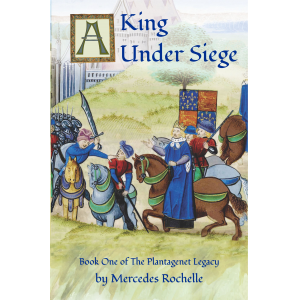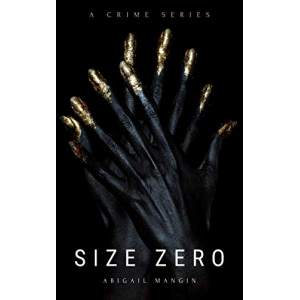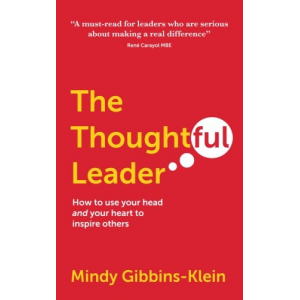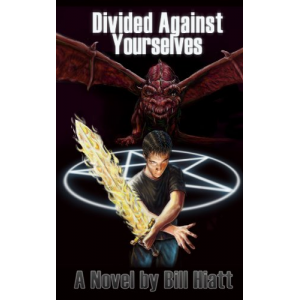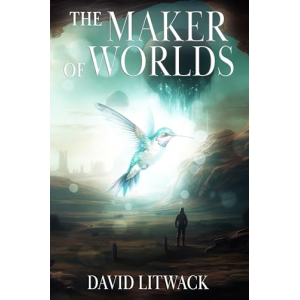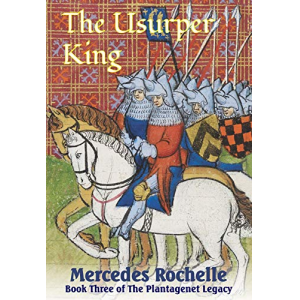- Author
- Book
- Story behind the book
- Media Links
- Reviews

Ray Anyasi
About
Ray Anyasi is the author of several books which include; Ujasiri, Bloodline and This Town: a postcard of terror. His writing influence is majorly the extraordinary stories of ordinary people who have to confront monstrous challenges they do not orchestrate, yet must overcome. He is also a poet and has published a poetry collection, "Lines of Thoughts", that includes the acclaimed Ogbanje. Anyasi has contributed articles severally to The Guardian Express and continues to partake in the global conversations that concerns political and social developments; his book, How to Terrorize Terrorism is one of such contributions.Fresh out of the University, Anyasi published his first book, A Poll of Vampires, a political crime thriller. Since then he has published over twenty titles. Anyasi is also a certified Copywriter and Content Developer. He currently works for Naphtali Publishers as Director of Publishing. His current hobbies are tending a backyard vegetable garden and engaging fans of his craft on social media.
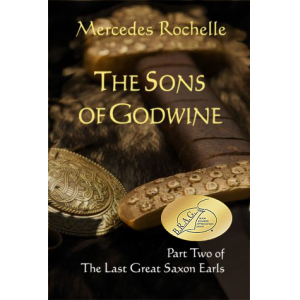
The Sons of Godwine: Part Two of The Last Great Saxon Earls
Description
<p>Emerging from the long shadow cast by his formidable father, Harold Godwineson showed himself to be a worthy successor to the Earldom of Wessex. In the following twelve years, he became the King's most trusted advisor, practically taking the reins of government into his own hands. And on Edward the Confessor's death, Harold Godwineson mounted the throne—the first king of England not of royal blood. Yet Harold was only a man, and his rise in fortune was not blameless. Like any person aspiring to power, he made choices he wasn't particularly proud of. Unfortunately, those closest to him sometimes paid the price of his fame.<br /><br />This is a story of Godwine's family as told from the viewpoint of Harold and his younger brothers. Queen Editha, known for her Vita Ædwardi Regis, originally commissioned a work to memorialize the deeds of her family, but after the Conquest historians tell us she abandoned this project and concentrated on her husband, the less dangerous subject. In THE SONS OF GODWINE and FATAL RIVALRY, I am telling the story as it might have survived had she collected and passed on the memoirs of her tragic brothers.<br /><br />This book is part two of The Last Great Saxon Earls series. Book one, GODWINE KINGMAKER, depicted the rise and fall of the first Earl of Wessex who came to power under Canute and rose to preeminence at the beginning of Edward the Confessor's reign. Unfortunately, Godwine's misguided efforts to champion his eldest son Swegn recoiled on the whole family, contributing to their outlawry and Queen Editha's disgrace. Their exile only lasted one year and they returned victorious to London, though it was obvious that Harold's career was just beginning as his father's journey was coming to an end.<br /><br />Harold's siblings were all overshadowed by their famous brother; in their memoirs we see remarks tinged sometimes with admiration, sometimes with skepticism, and in Tostig's case, with jealousy. We see a Harold who is ambitious, self-assured, sometimes egocentric, imperfect, yet heroic. His own story is all about Harold, but his brothers see things a little differently. Throughout, their observations are purely subjective, and witnessing events through their eyes gives us an insider’s perspective.<br /><br />Harold was his mother's favorite, confident enough to rise above petty sibling rivalry but Tostig, next in line, was not so lucky. Harold would have been surprised by Tostig's vindictiveness, if he had ever given his brother a second thought. And that was the problem. Tostig's love/hate relationship with Harold would eventually destroy everything they worked for, leaving the country open to foreign conquest. This subplot comes to a crisis in book three of the series, FATAL RIVALRY.</p>
Story Behind The Book
The true life stories of the victims of Joseph Kony's LRA.
Media Links
Reviews
<p>Nigerian author and poet Ray Anyasi has published twenty books - poetry, novels, and social commentary. He is the Director of Publishing for Naphtali Publishers in Nigeria. He is also a Certified Copywriter and Content Developer. Ray is motivated to write extraordinary stories of ordinary people who have to confront monstrous challenges they do not orchestrate, yet must overcome. Encountering an author new to us and of the quality of Ray Anyasi always raises the question `Why don't we know more about him?' He has authored a solid number of books, each within a subject range that should find readers who are eager to here fresh voices in their search for new expression. Perhaps the climate of the times, with so much media coverage of the troubles the countries within Africa are enduring, makes readers fear entering stories that deal with those very problems. But in this reader's experience, going to the source - writers who are from the area, living the stress, and still working toward making changes in their own countries as well as gain recognition from the outside world for the possibilities for change - these authors offer a unique stance. And so it is with Ray. Unafraid to incorporate the infamous LRA as part of his plot shows courage and the extraordinary manner in which he relays the struggles is admirable. One of the reasons his prose works so very well is likely due to the poetic flair with which he builds scenes and characters and resolutions. The title Ray chooses `Ujasiri' translated from the Swahili means `strength, courage' and after simply beginning Rays book it is clear why that title was chosen. He sets his story in contemporary times Joseph Dahr, a middle aged ex-soldier attempts to rescue his wife Rose and son Joe Jr., abducted from his Democratic Republic of Congo village by the LRA, with only the aid of a damaged rifle and from his old friend Lawrence Ottoise whom he can trust. Ridden with guilt Dahr believes Rosa and Joe Junior would not have been abducted had he taken them to Kinshasa as Rosa had begged him to. He would hence, not forgive himself unless he brings them home by any means. He relies on Hussein, an American spy, to arm him with all the details on the LRA's mode of operation and he summarizes his mission in a dialogue with Hussein, "I am not an idiot. I know the dangers in what I am about to do, but it is the only way I can live with myself." Hussein on his own has what he thinks is a perfect plan to finish the worst of the LRA, one Joseph Kony, but believes his superiors in the Pentagon would not buy it. Hussein decides teaming up with Dahr is the way forward. As their mission proceeds Dahr meets and inspires several other men who equally have personal reasons to take a fight to the LRA. And thus in Ray's writing style and personal mission he places Dahr in the forefront of leading an army of distraught men while keeping his eyes on the goal now has to be added to his many troubles. Power, conviction of message, and sheer brilliance of pacing are characteristics of this thriller/espionage/suspense story - a book by an important new voice who seems destined to become and important 21st century author. Highly Recommended. Grady Harp,</p>
